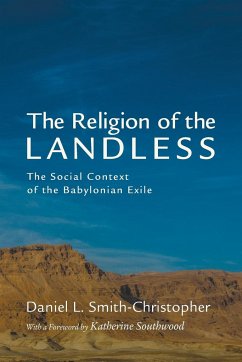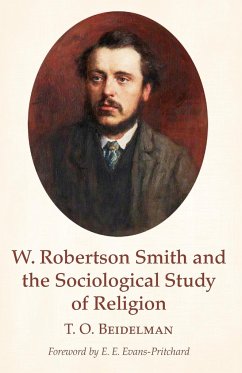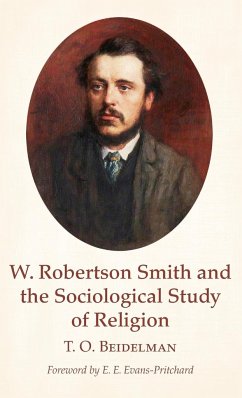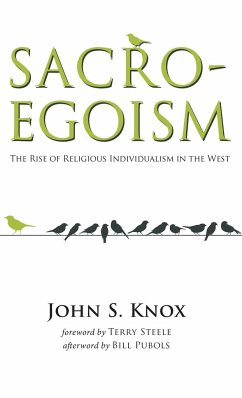Why did the evangelical church, which had been the leader in social welfare and reform prior to the twentieth century, discontinue its involvement in social concerns? Is a commitment to personal evangelism incompatible with an interest in social issues? In this provocative book, Dr. Moberg analyzes the Great Reversal of the early twentieth century and discusses its causes and effects, all in the context of seeing the Bible as the guide to faith and conduct. The importance of recognizing and coping with social evil as well as personal sin is emphasized, and the author concludes with a summary of developments that are helping to reverse the Great Reversal and restore evangelical Christianity to its rightful place of leadership. David Moberg's The Great Reversal was a powerful inspiration to me when it first appeared, and his insights into the call for a biblically faithful evangelical activism have stood to the test of time. It is an evangelical classic! Richard Mouw, President, Fuller Seminary The Great Reversal is a sociologist's study of the dichotomy in contemporary Protestantism between the advocates of evangelism and the advocates of social activism. Moberg examines not only the theological differences that contribute to this dichotomy but also the sociological consequences. Paul B. Henry, 'Christianity Today' Those familiar with Moberg's previous writings will find this latest book to be consistent with his major theme: any emphasis on evangelism or social concern to the exclusion of the other represents a false dichotomy. In fact, they should exist in a reciprocal relationship. Russell Heddendorf, Professor Emeritus, Covenant College David O. Moberg is Professor Emeritus in the Department of Social and Cultural Sciences at Marquette University. He previously taught at Bethel College (Minnesota). Besides hundreds of articles, he has published The Church as a Social Institution, Inasmuch: Christian Social Responsibility in the Twentieth Century, Wholistic Christianity, and Aging and Spirituality. He is a former president of the Wisconsin Sociological Association, Religious Research Association, and Association for the Sociology of Religion.
Hinweis: Dieser Artikel kann nur an eine deutsche Lieferadresse ausgeliefert werden.
Hinweis: Dieser Artikel kann nur an eine deutsche Lieferadresse ausgeliefert werden.








